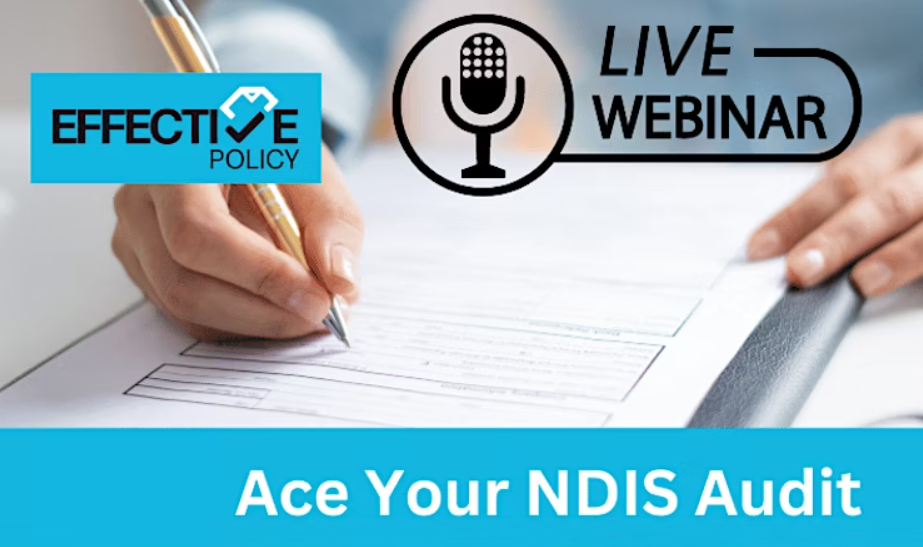
The NDIS sector in Australia has been a transformative initiative, providing essential support and services to people with disabilities. However, navigating the NDIS can sometimes present challenges, particularly when participants encounter funding gaps. These gaps can arise for various reasons, but they often result in individuals needing more support to live fulfilling lives. In this blog post, we’ll explore the issue of NDIS funding shortfalls and discuss strategies to bridge these gaps effectively.
Understanding NDIS Funding Gaps
The NDIS operates on the principle of providing reasonable and necessary support to participants based on their needs and goals. However, in practice, some participants find that their approved funding falls short of covering all the support and required services. This shortfall can occur for several reasons, including:
- Complexity of Needs: Participants with complex disabilities may require various supports, including assistive technology, therapy, personal care, and community participation activities. Estimating the exact cost of these supports is a challenge, leading to funding gaps.
- Changing Circumstances: Participants’ needs may evolve due to changes in health, living arrangements, or personal circumstances. As a result, their initially approved funding may not meet their requirements, leading to gaps in support.
- Unforeseen Expenses: Emergencies, unexpected costs, or the need for specialized services not covered under the NDIS plan can also contribute to funding shortfalls.
Impact of Funding Shortfalls
For participants, encountering gaps in NDIS funding can have significant consequences, including:
- Reduced Access to Essential Supports: Funding shortfalls may force individuals to forgo essential supports such as therapy sessions, mobility aids, or home modifications, affecting their health, well-being, and independence.
- Increased Stress and Financial Strain: Participants and their families may experience heightened stress and financial strain as they attempt to bridge the funding gaps through alternative means, such as out-of-pocket payments or seeking assistance from other sources.
- Hindered Goal Achievement: Insufficient funding impedes participants’ progress toward their goals and aspirations, limiting their opportunities for personal growth, social inclusion, and community participation.
Strategies for Bridging Funding Gaps
While encountering funding shortfalls can be daunting, there are strategies and resources available to help participants navigate these challenges effectively:
- Review and Appeal: Participants can request a review of their NDIS plan if they believe their funding is inadequate. Working with an advocacy organization or support coordinator can help participants navigate the review and appeals process to secure additional funding.
- Prioritize Needs: Identifying priorities and focusing on essential supports can help participants make the most of their available funding while seeking alternative solutions for less critical needs.
- Seek Alternative Funding Sources: Participants can explore other funding options, such as state-based disability support programs, charitable organizations, or grants, to supplement their NDIS funding for specific needs or services.
- Budgeting and Planning: Developing a budgeting plan can help participants manage their NDIS funding effectively, ensuring that resources are allocated efficiently to meet ongoing needs and goals.
- Collaborate with Providers: Building strong partnerships with service providers and therapists can lead to innovative solutions and flexible arrangements to optimize existing funding and address gaps in support.
Conclusion
Encountering gaps in NDIS funding can be challenging, but it’s essential for participants and their support networks to be proactive in addressing these issues. By understanding the causes of funding shortfalls, advocating for additional support when needed, and exploring alternative solutions, individuals can bridge the gaps and access the vital support and services they require to thrive.
Book an NDIS consulting, and we’ll answer any questions you have. By working together and leveraging available resources, we can ensure that the promise of the NDIS is fulfilled for all participants, enabling them to lead fulfilling and meaningful lives.

